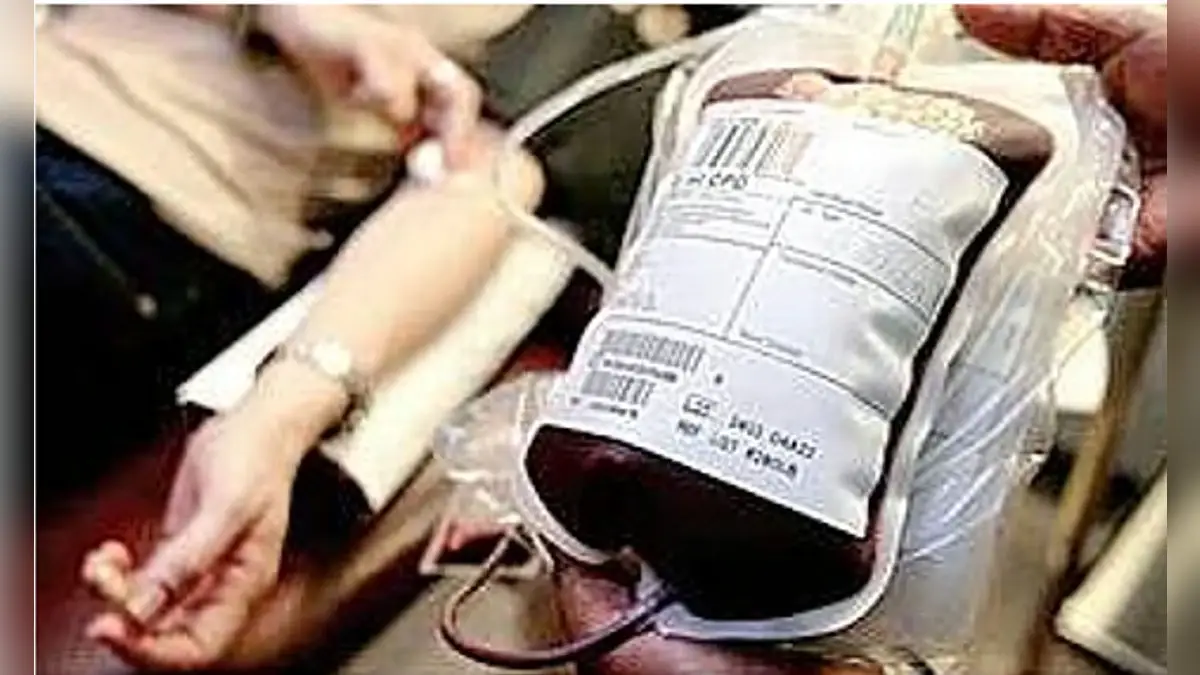Copyright web

Staff Reporter THE Ministry of Health and Social Services is advocating for higher taxes on tobacco and alcohol products as part of broader efforts to reduce consumption and improve public health outcomes in Namibia. Tobacco use and excessive alcohol consumption remain major contributors to non-communicable diseases such as cancer, heart disease, and liver conditions—particularly in low- and middle-income countries. In Namibia, tobacco use among individuals aged 15 years and older is projected to decline slightly from 14.9% in 2022 to 13.2% in 2025, compared to a global average of 19.8%. However, alcohol consumption remains high, with Namibians consuming an estimated 12 litres of pure alcohol per capita annually, well above the regional (3.5 litres) and global (5.0 litres) averages. Minister of Health and Social Services Dr. Esperance Luvindao said raising taxes on tobacco and alcohol would make these products less accessible, especially to young people. She was speaking at a stakeholder engagement organised by the Ministry in collaboration with the World Health Organisation (WHO) to explore stronger policy measures for tobacco and alcohol control. Dr. Luvindao acknowledged progress made under the Tobacco Product Control Act of 2010 and its 2014 regulations but warned that tobacco and alcohol continue to place a heavy burden on Namibia’s health system.“Additional deterrent measures are needed, especially through tax reforms,” she said. “Excise taxes remain one of the most effective tools to protect young people and reduce harmful use.” She added that although modest tax increases have been implemented under the Southern African Customs Union (SACU) agreement, more robust measures are required. Plans are also underway to amend the Tobacco Products Control Act to regulate emerging products such as hookah pipes, e-cigarettes, and vapes, which are increasingly popular among young Namibians. Representing WHO Namibia, Mrs. Celia Kaunatjike said global tobacco use has dropped significantly thanks to effective policies and the implementation of the MPOWER measures under the WHO Framework Convention on Tobacco Control (FCTC).“Today, more than 75% of the world’s population is covered by at least one MPOWER measure, and the number of adults using tobacco has fallen from one in three in 2000 to one in five in 2022,” she said. She emphasised the importance of collaboration across sectors and with legislators to strengthen Namibia’s policy framework. “We must act decisively to close remaining policy gaps, improve enforcement, and invest in proven tools such as MPOWER and SAFER measures,” Kaunatjike added. “These save lives, reduce healthcare costs, and protect future generations.” Khomas Regional Governor, Hon. Sam Nujoma Jr., echoed the call for stronger health-focused policymaking, urging lawmakers to prioritise the well-being of citizens.“The time is now. As leaders and policymakers, we must shape legislation that not only drives economic growth but also safeguards the health of Namibians. Health is wealth—and there is no wealth without health,” he said. Forty-five participants attended the meeting, which focused on reviewing the Tobacco Product Control Act and proposing both short- and long-term policy actions to regulate tobacco and alcohol use through local authorities. The engagement forms part of ongoing WHO–Health Ministry collaborations under the MPOWER and SAFER technical programmes aimed at reducing tobacco and alcohol-related harm in Namibia. Source: World Health Organisation – Namibia



